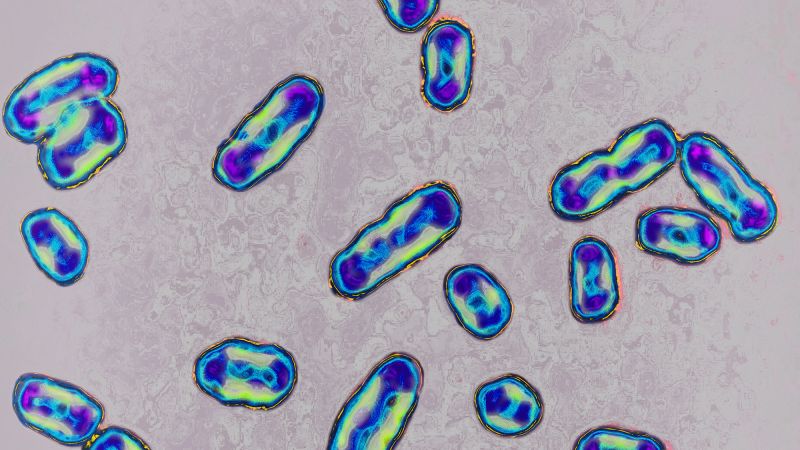T4K3.news
Typhoid bacteria developing dangerous antibiotic resistance
New research shows that S. Typhi is mutating to evade common antibiotics, posing health risks globally.

An ancient killer has evolved into a dangerous threat as it develops resistance to antibiotics, warn researchers.
Typhoid bacteria becoming resistant to antibiotics at alarming rate
Researchers reveal that Salmonella enterica serovar Typhi, which causes typhoid fever, has significantly mutated to resist common antibiotics. A study found over 4,000 strains were identified as extensively drug-resistant. The bacteria have crossed borders, spreading resistant strains approximately 200 times since 1990, primarily from South Asia to other regions, including Africa. Common treatments like Ampicillin and Azithromycin are becoming ineffective, raising urgent concerns about public health as typhoid fever continues to infect millions worldwide.
Key Takeaways
"The breakneck pace at which S. Typhi is spreading is a real cause for concern."
Dr. Jason Andrews emphasizes the urgency of the situation.
"We must view typhoid control as a global rather than local problem."
Dr. Andrew advocates for international cooperation in addressing typhoid resistance.
The rapid evolution of S. Typhi poses a major threat to public health systems, especially in regions with poor sanitation. The study highlighted that while some may view typhoid as a localized issue, its resistance patterns indicate a global problem that requires a unified response. The transmission of resistant strains across borders suggests that international health policies need to strengthen measures against antibiotic resistance. Researchers stress the need for enhanced genomic surveillance to track the expanding threat of resistant bacteria.
Highlights
- An ancient killer is adapting faster than modern medicine can respond.
- This is a wake-up call for global health authorities.
- The rapid spread of drug-resistant typhoid is a stark warning.
- Antibiotic resistance is an escalating crisis we cannot ignore.
Public health risks from antibiotic-resistant typhoid
The rapid mutation of S. Typhi poses a significant risk to global health, particularly in regions with poor sanitation. This situation demands international coordination to tackle the growing antibiotic resistance issue effectively.
The health community must prioritize tracking and controlling resistant strains globally.
Enjoyed this? Let your friends know!
Related News

New antibiotic strain discovered in Northern Ireland

Superbugs projected to cost global economy $2 trillion by 2050

AI identifies new antibiotics from venoms

Warning issued about bathroom hygiene risks

British woman becomes quadruple amputee after UTI

New antibiotic candidates found in snake and spider venom

Woman shares warning after severe complications from antibiotic

Revealing unethical medical experiments
